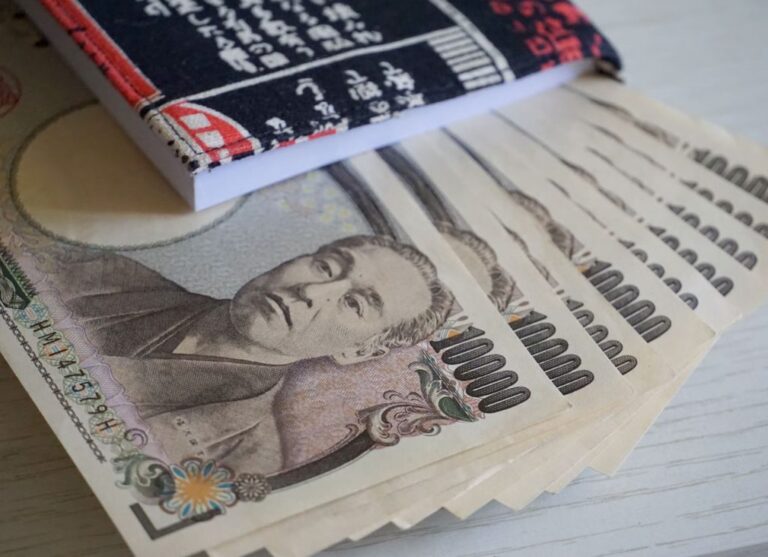
Political Risk and EM
Discussion and Analysis by Grace Gliksten:
Due to the potentially high returns for investments, individuals are finding themselves veering away from investing in the traditional industrialised economies and towards emerging markets. Understanding emerging market currencies, which have a unique set of advantages and drawbacks for investors, is imperative to getting the most out of your investment. An emerging market is categorised as a developing country that is experiencing growth in economic and political terms, as well as developing new social structures, such as a middle class. The finance and banking sectors of emerging markets are newly forming and thus do not have the gravitas of the banking systems of developed markets. Although the large, potential returns can be appealing, there is also significant political risk to investing in these economies.
Political risk is one the bigger concerns of investors looking towards emerging market currencies. The political systems of many emerging markets are still in their infancy and are, therefore, naturally unstable. The introduction of traditional democracy to many of these countries has caused an inevitable disruption to political life.
In these new political structures, individuals sometimes matter more than an institution. For example, in the UK, where entrenched political institutions, such as the House of Commons or even the government, hold significant influence over the individual, keeping individual power in check through their innate authority and extensive regulation. In developing nations, concentration is often on the individual in command. This leads to instability within the political environment as these individuals cannot always be controlled by those around them, nor are they constrained by the regulation and influence of a more powerful institution. As there is no control over what the individual may do, nor are there any checks on their power, the individual may make volatile decisions. These can come in the form of new policy decisions, taxation and a propensity to be individually influenced by other people.
Emerging market currencies are made more unstable by the ease with which people can be displaced from their positions, which can entail the introduction of a new set of ideals. Institutions, regardless of who is in power, remain the rock in which all ideas remain, irrespective of which political party resides within them. When individuals hold power, a change to the political party or head of state can mean the introduction of a new set of ideologies and ideas, as well as a move away from those previously held. This can lead to a tumultuous political system because the political direction is changed regularly, leading to shallow short-term political gains.
Due to the infancy of many emerging market democracies, it is believed that there is less governmental integrity. Whether real, and justified, or artificial and perceived infantile democracies and, de facto, lead to uncertainty and insecurity within economic relationships. Although bribing an official in an emerging market is no different or easier than bribing an official in a developed economy, the clout and influence of an official in an emerging market is typically far greater than one in a developed economy.
This is not only down to the entrenched political institution’s authority over their members, ensuring they remain true to the values of the institution, but also down to ingrained regulations preventing it. In the UK, the Bribery Act 2010 makes it ‘illegal to offer, promise, give, request, agree, receive or accept bribes’ under threat of prison sentence and unlimited fines. Corruption creates an unstable environment because investors cannot be sure that contracts and concessions have been won on merit, thereby leading to fundamental distrust within the system.
The potentially high return of gaining exposure to emerging market currencies should not over shadow the potential and unique risks that accompany it. Understanding the political risk associated with emerging markets is vital when trying to maximise your exchanges.
Related Insights

Morning Brief – Japanese Yen
Japanese Yen With JPY at a new 34 year low versus EUR, the market is set for an ambush by the Bank of Japan if it acts today at the end of their Policy Meeting to support the Yen. The reason that the market is susceptible is because it has convinced itself that the BoJ […]

Morning Brief – Coalition
Coalition This briefing is about South Africa and the Rand, which frequently proves to be one of the more divisive subjects within our roster of currencies. In particular, with the election looming, this will be about South African governance. Not from a political or human perspective about what may be the best long term outcome […]

Morning Brief – US Tariffs on Chinese Imports
US Tariffs on Chinese Imports Recently we wrote about how Mexico has become the Number One trade partner for the USA. It now transpires that Mexico may have had what is known as a little assist with their numbers: the statistics for the number of 20 foot shipping containers for the first three Quarters of […]


 Humphrey Percy
Humphrey Percy Charles Porter
Charles Porter